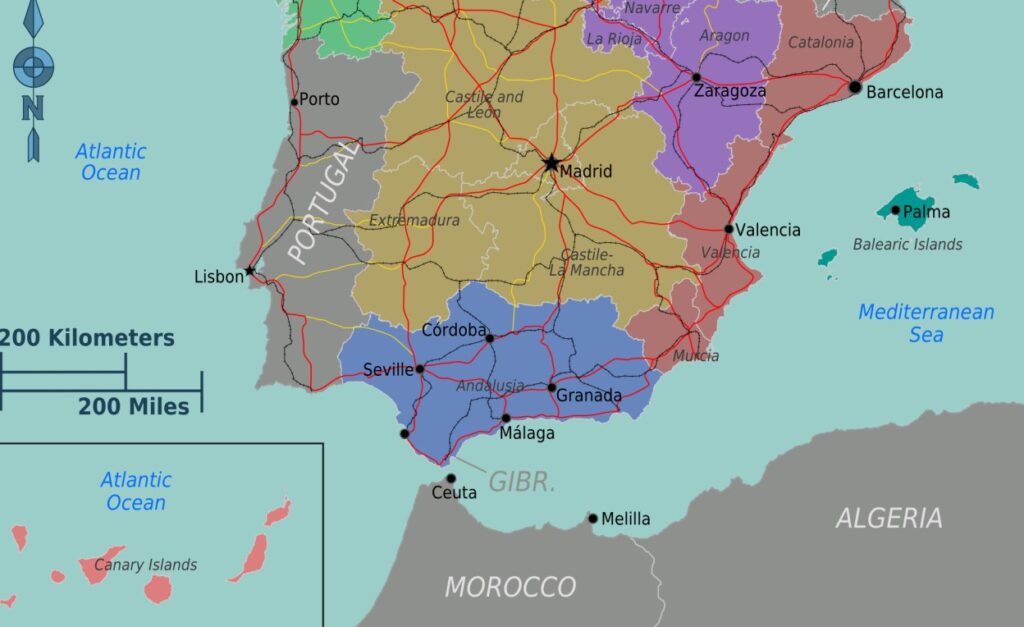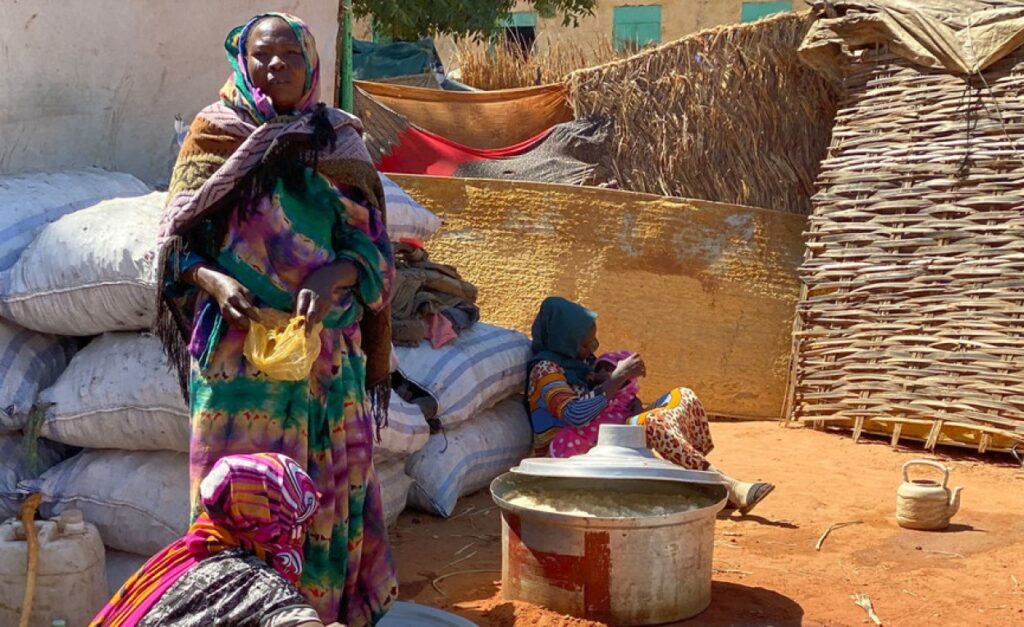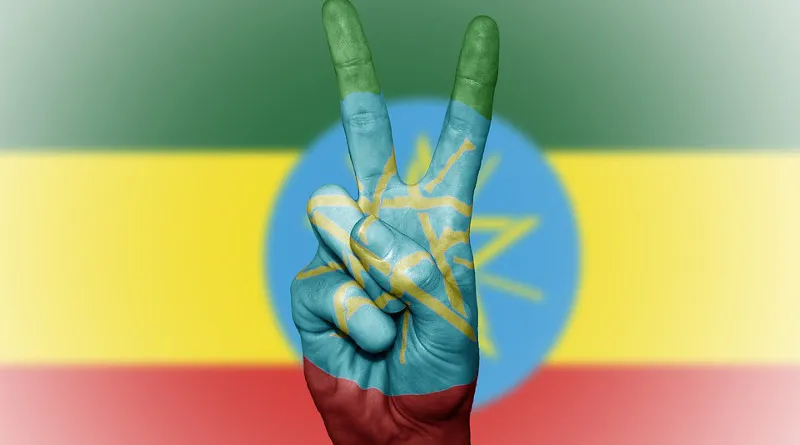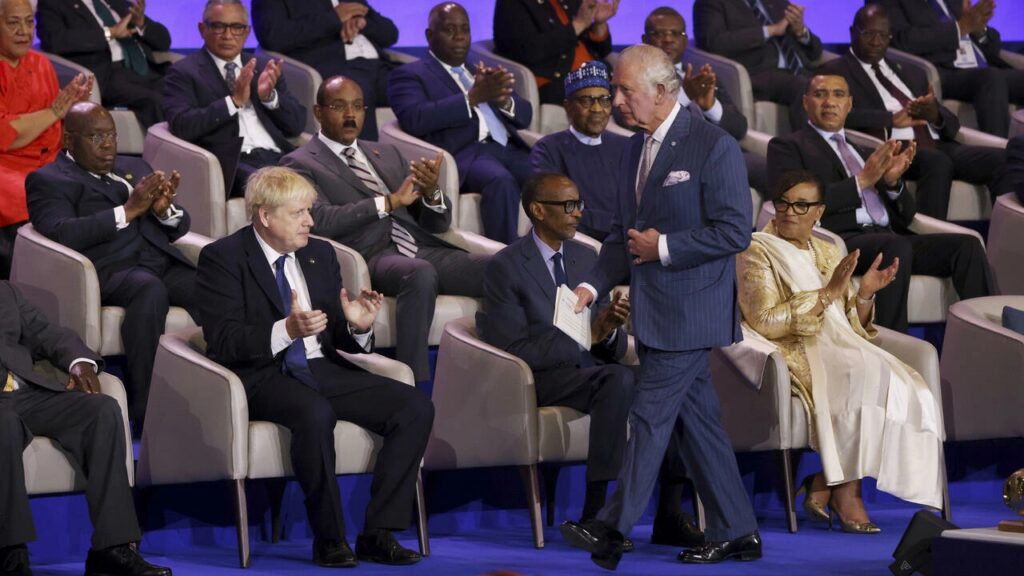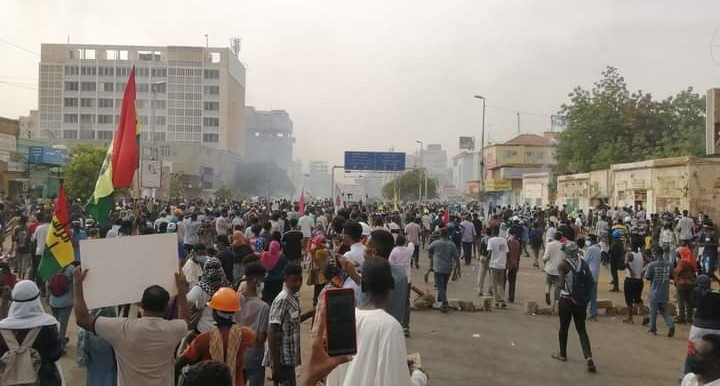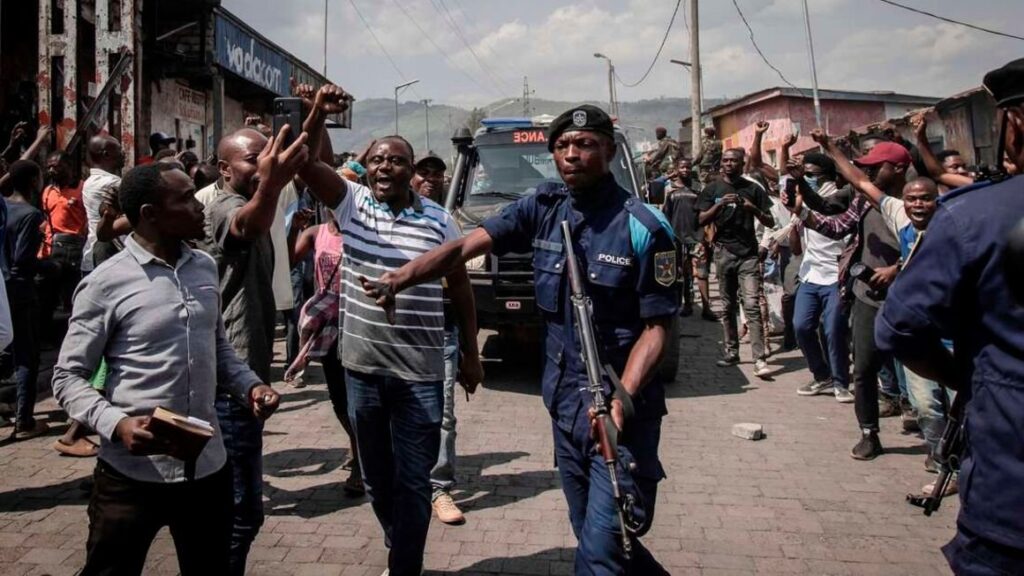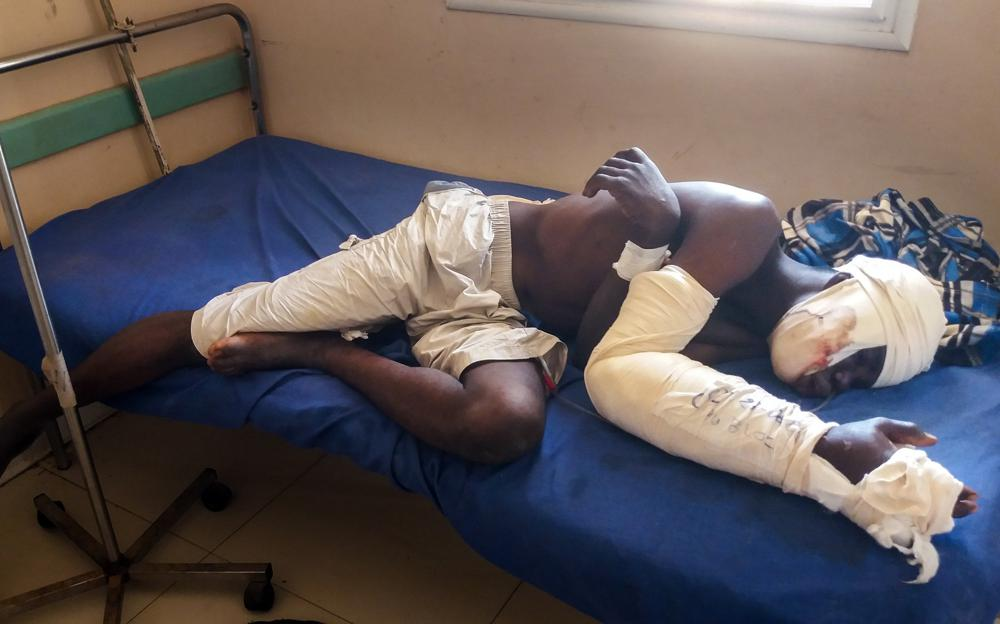Africa: The World Is Burning. We Need a Renewables Revolution
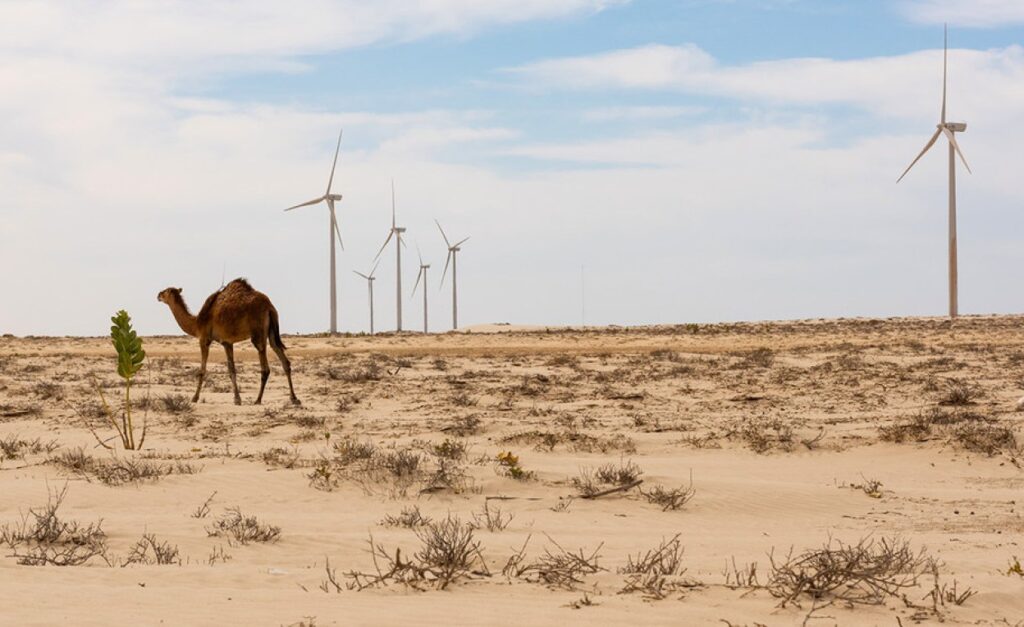
The only true path to energy security, stable power prices, prosperity and a livable planet lies in abandoning polluting fossil fuels and accelerating the renewables-based energy transition
Nero was famously accused of fiddling while Rome burned. Today, some leaders are doing worse. They are throwing fuel on the fire. Literally.

